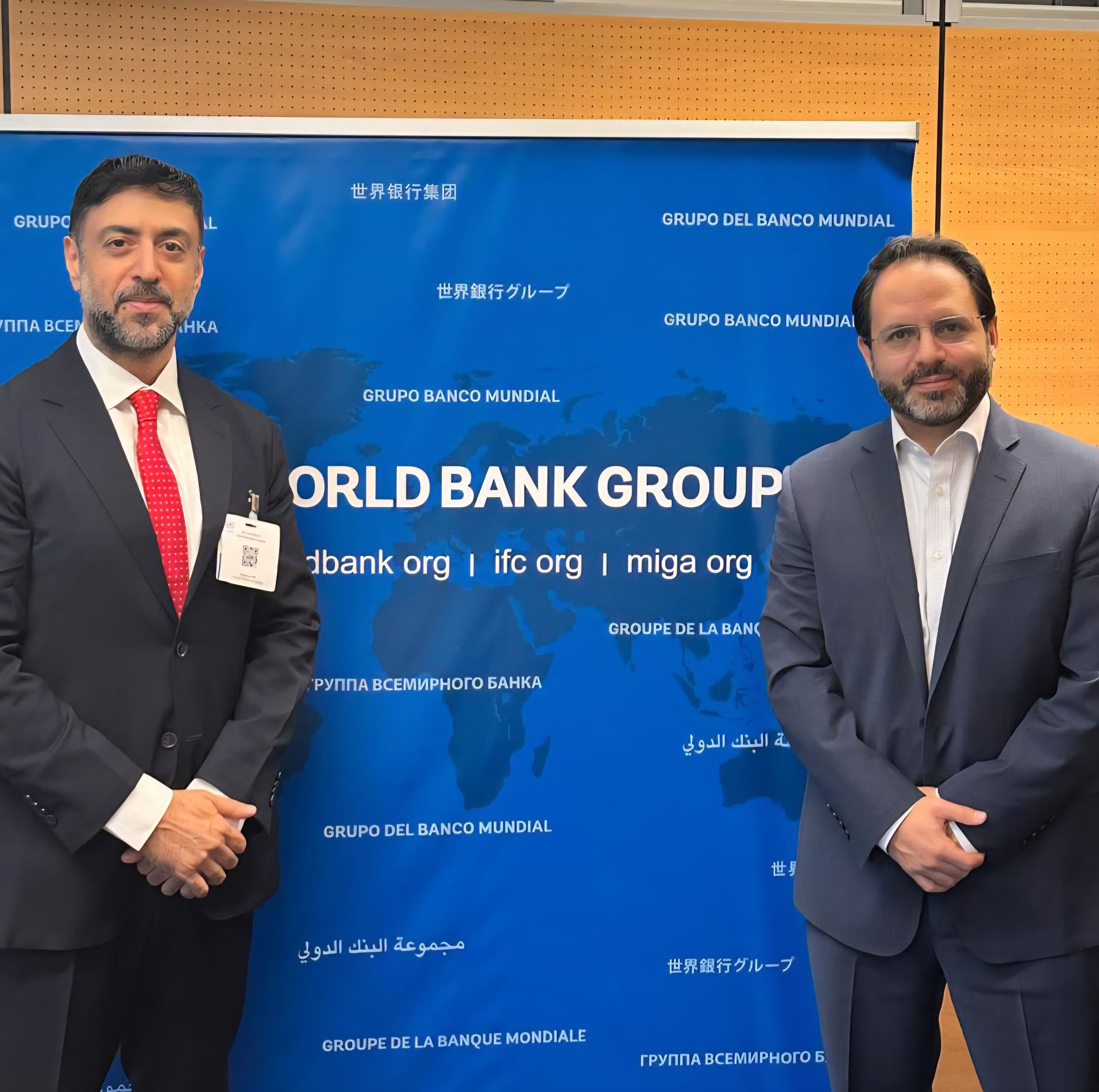Establishing a digital economy in the Arab region faces several challenges from a policy perspective, the most prominent of which are:
Digital infrastructure: Weak internet infrastructure in some countries, including connection speed and service cost, limits access to digital services.
Legislation and regulations: Absence or weakness of legal and regulatory frameworks that support digital transformation, such as data protection and privacy laws.
High cost of technology: The high cost of digital devices and services makes them unavailable to large segments of the population.
Digital skills disparity: The lack of digital skills among individuals hinders the exploitation of opportunities offered by the digital economy.
Market monopoly: The presence of monopolies or barriers preventing competitors from entering some digital markets, limiting innovation and competitiveness.
Cybersecurity: Challenges related to data protection and information security, especially with increased reliance on technology.
Financing and investment: Lack of investment in digital transformation projects and related infrastructure.
Geographic disparity: The gap between urban and rural areas in access to technology and digital services. These challenges require comprehensive and integrated policies that include improving infrastructure, promoting digital education, developing supportive legislation, and encouraging innovation and investment in technology.











